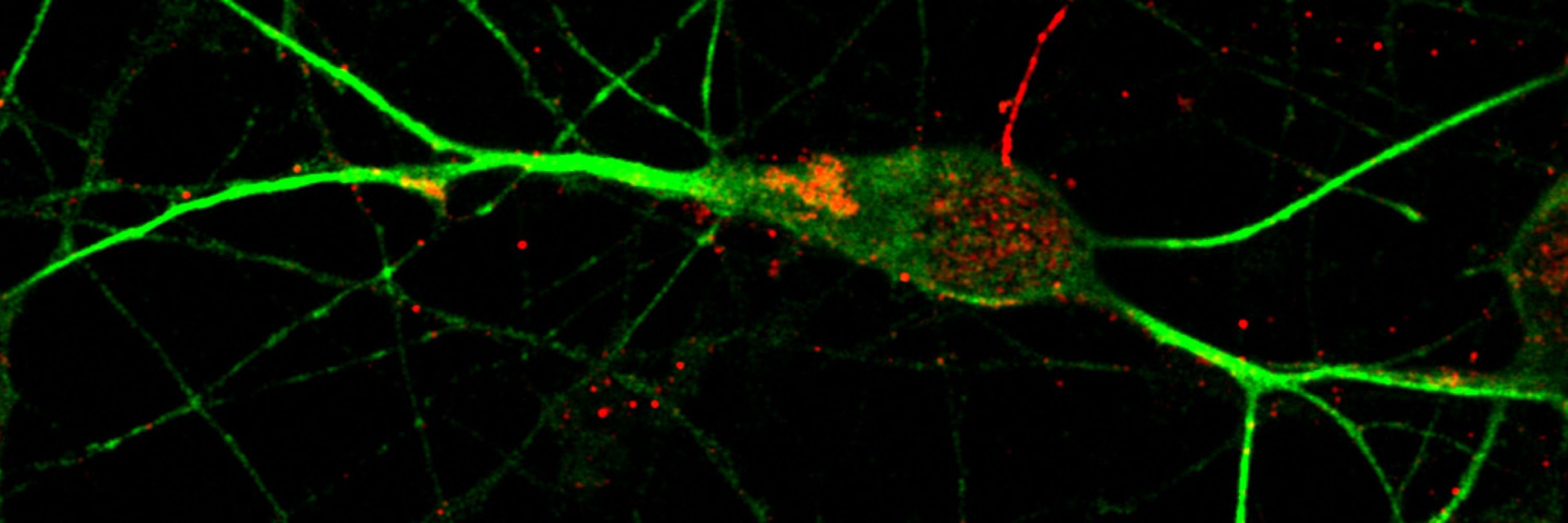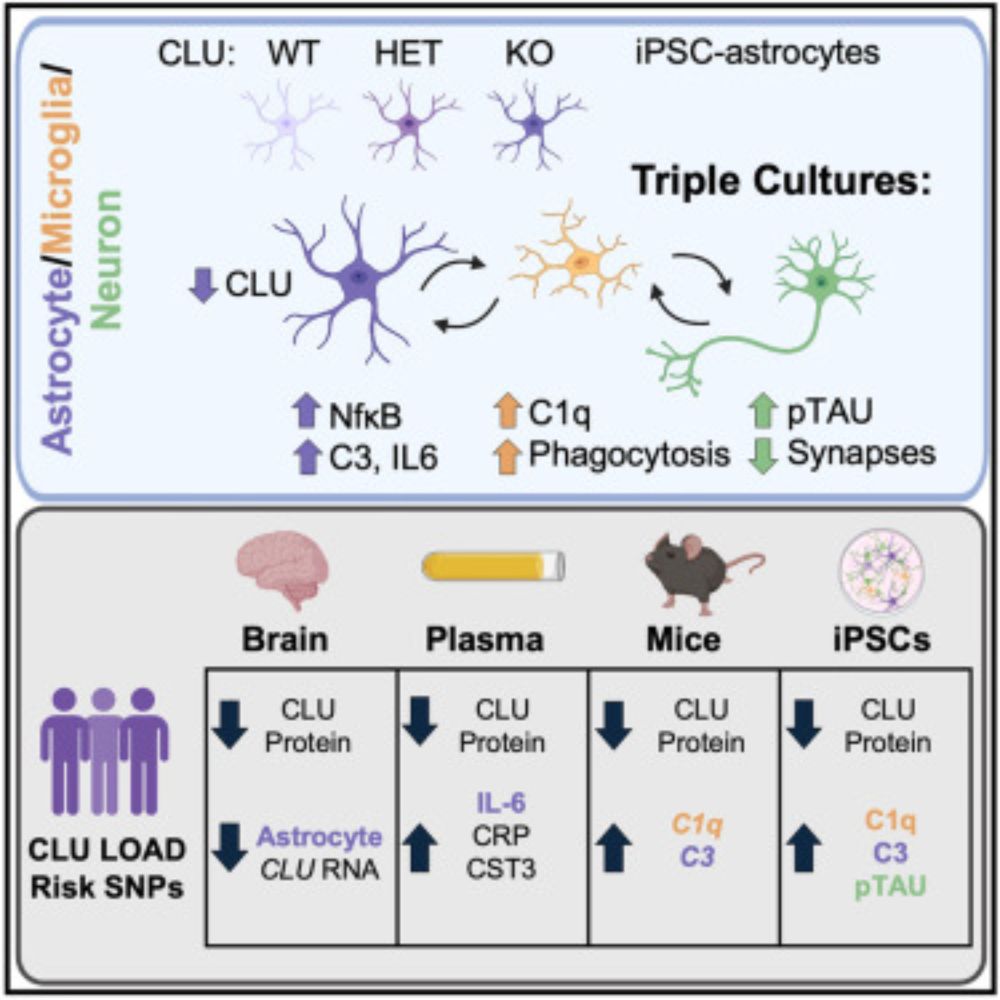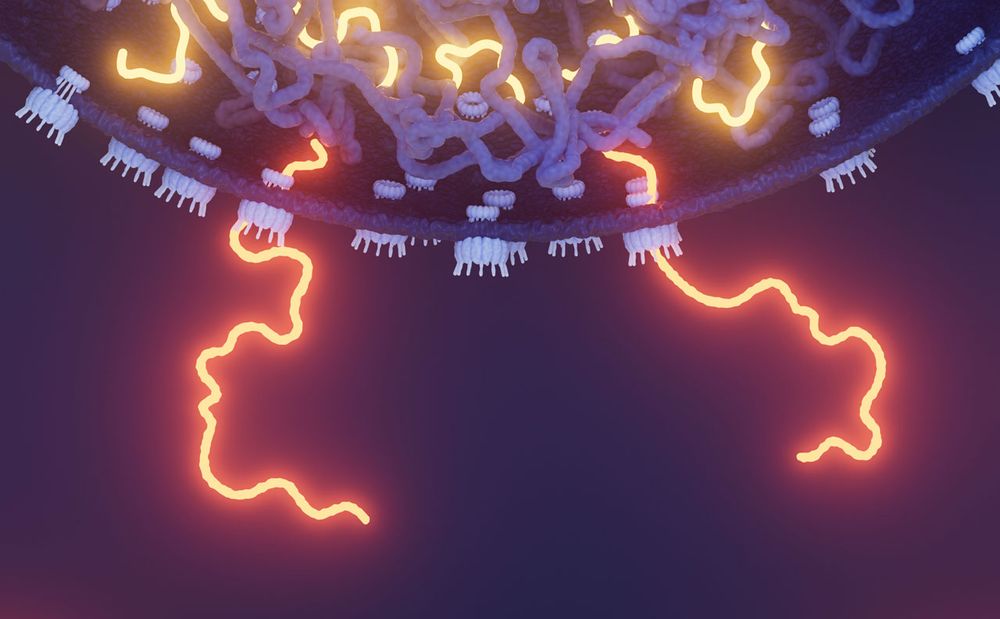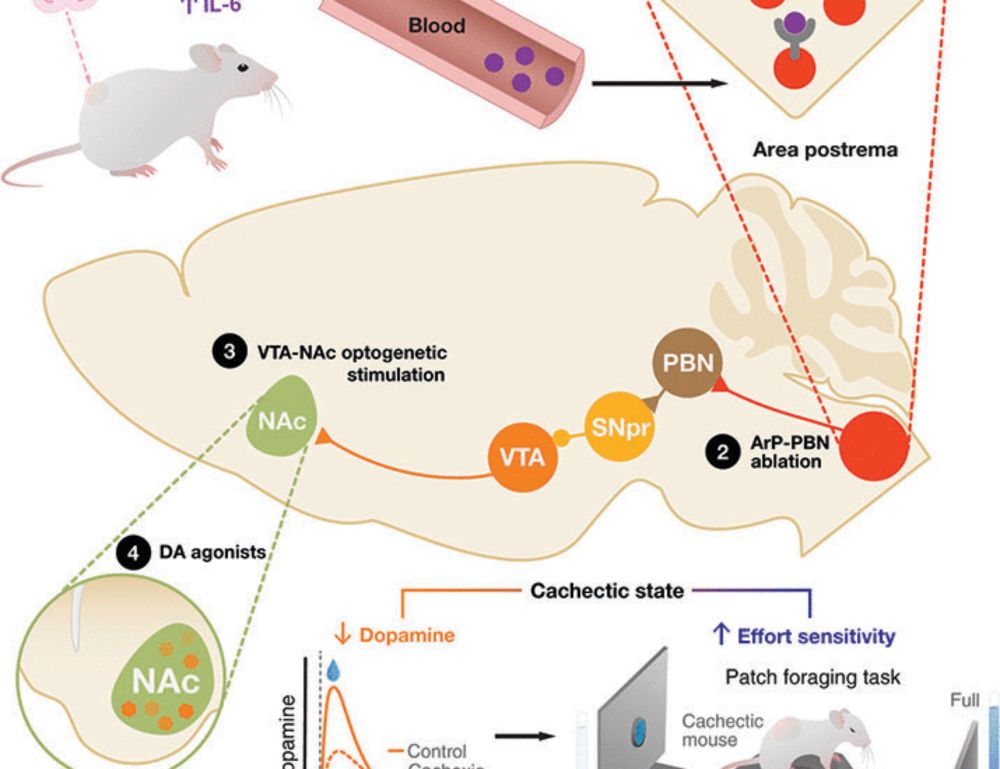
www.karchlab.wustl.edu



#cureMAPTFTD #FTD
us06web.zoom.us/meeting/regi...

#cureMAPTFTD #FTD
us06web.zoom.us/meeting/regi...
Project led by Amanda McQuade, computation by Reet Mishra, collaboration with the Nunez and De Jager labs.
Alzforum
www.alzforum.org/news/researc...
Preprint
www.biorxiv.org/content/10.1...

Project led by Amanda McQuade, computation by Reet Mishra, collaboration with the Nunez and De Jager labs.
Alzforum
www.alzforum.org/news/researc...
Preprint
www.biorxiv.org/content/10.1...
www.nature.com/articles/s41...

www.nature.com/articles/s41...
www.cell.com/neuron/abstr...

www.cell.com/neuron/abstr...

Registration 🔗 us02web.zoom.us/meeting/regi...
#NewVisionResearch #ProfessionalDevelopment

Registration 🔗 us02web.zoom.us/meeting/regi...
#NewVisionResearch #ProfessionalDevelopment

🔥 Our new Science paper shows chronic inflammation activates a cytokine-sensing brain circuit that lowers motivation. Huge team effort: Aelita Zhu, Sarah Starosta, Pignatelli & Janowitz labs! 🧵
🔗 doi.org/10.1126/scie...

🔥 Our new Science paper shows chronic inflammation activates a cytokine-sensing brain circuit that lowers motivation. Huge team effort: Aelita Zhu, Sarah Starosta, Pignatelli & Janowitz labs! 🧵
🔗 doi.org/10.1126/scie...



!["[c]learly Rosy had to go or be put in her place”](https://cdn.bsky.app/img/feed_thumbnail/plain/did:plc:an2lkmy3huazryrvir2strds/bafkreieh3gaaje45rowrtp3xg5x6kmnzz4ewpaayv4kteikj5uwyvkvk74@jpeg)









